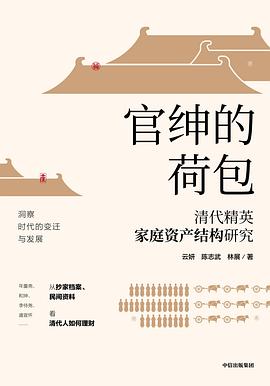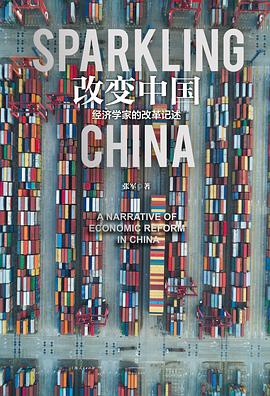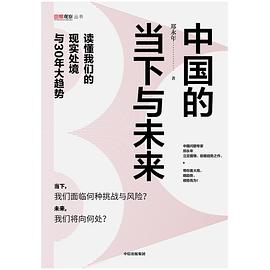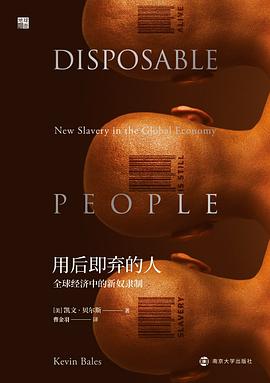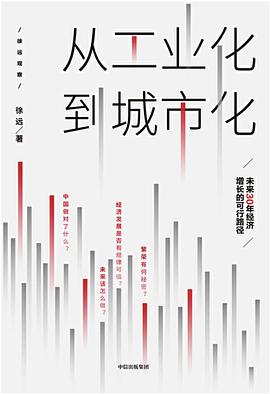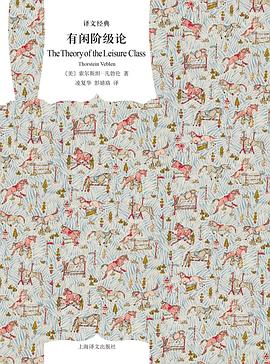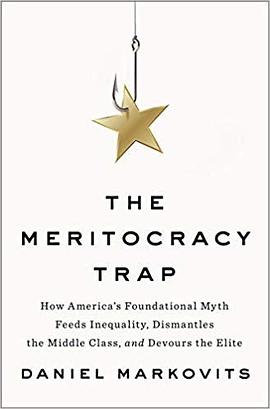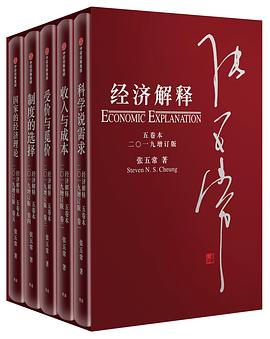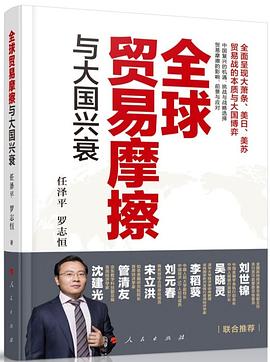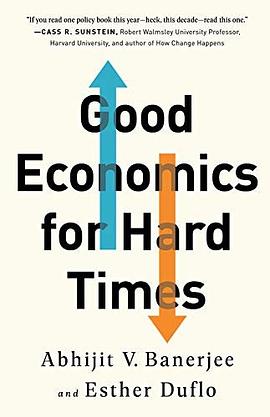

具体描述
Abhijit Banerjee is the Ford Foundation International Professor of Economics at the Massachusetts Institute of Technology, and a co-founder and co-director of the Abdul Latif Jameel Poverty Action Lab (J-PAL). In 2011, he was named one of Foreign Policy magazine's top 100 global thinkers. Banerjee served on the U.N. Secretary-General's High-level Panel of Eminent Persons on the Post-2015 Development Agenda. He lives in Cambridge, Massachusetts.
Esther Duflo is the Abdul Latif Jameel Professor of Poverty Alleviation and Development Economics in the Department of Economics at the Massachusetts Institute of Technology and a co-founder and co-director of the Abdul Latif Jameel Poverty Action Lab (J-PAL). Duflo is a member of the American Academy of Arts and Science, and has received numerous academic honors and prizes including the Princess of Asturias Award for Social Sciences (2015), the Infosys Prize (2014), the Dan David Prize (2013), a John Bates Clark Medal (2010), and a MacArthur "Genius Grant" Fellowship (2009). Duflo is a member of the President's Global Development Council and a Founding Editor of the American Economic Journal: Applied Economics, and is currently the editor of the American Economic Review. She lives in Cambridge, Massachusetts.
Two prize-winning economists show how economics, when done right, can help us solve the thorniest social and political problems of our day.
Figuring out how to deal with today's critical economic problems is perhaps the great challenge of our time. Much greater than space travel or perhaps even the next revolutionary medical breakthrough, what is at stake is the whole idea of the good life as we have known it.
Immigration and inequality, globalization and technological disruption, slowing growth and accelerating climate change--these are sources of great anxiety across the world, from New Delhi and Dakar to Paris and Washington, DC. The resources to address these challenges are there--what we lack are ideas that will help us jump the wall of disagreement and distrust that divides us. If we succeed, history will remember our era with gratitude; if we fail, the potential losses are incalculable.
In this revolutionary book, renowned MIT economists Abhijit V. Banerjee and Esther Duflo take on this challenge, building on cutting-edge research in economics explained with lucidity and grace. Original, provocative, and urgent, Good Economics for Hard Times makes a persuasive case for an intelligent interventionism and a society built on compassion and respect. It is an extraordinary achievement, one that shines a light to help us appreciate and understand our precariously balanced world.
用户评价
##两位非常喜欢的经济学家的作品!详细分析了近年来的几个国际社会热点问题,包括移民、国际贸易、经济增长、环境保护、失业、转移支付,每个问题下都写了很多经济学界的经典研究和前沿尝试,很强调policy implication。在对专业学识信仰信任缺失以及学科体系高度发达的时候,经济学研究容易剑走偏锋,作者用这本书完成了多个层面的“科普”。虽然目标群体多是非经济学研究者,但读来仍受益匪浅。
评分 评分 评分 评分 评分 评分 评分 评分相关图书
本站所有内容均为互联网搜索引擎提供的公开搜索信息,本站不存储任何数据与内容,任何内容与数据均与本站无关,如有需要请联系相关搜索引擎包括但不限于百度,google,bing,sogou 等
© 2025 book.idnshop.cc All Rights Reserved. 静思书屋 版权所有


